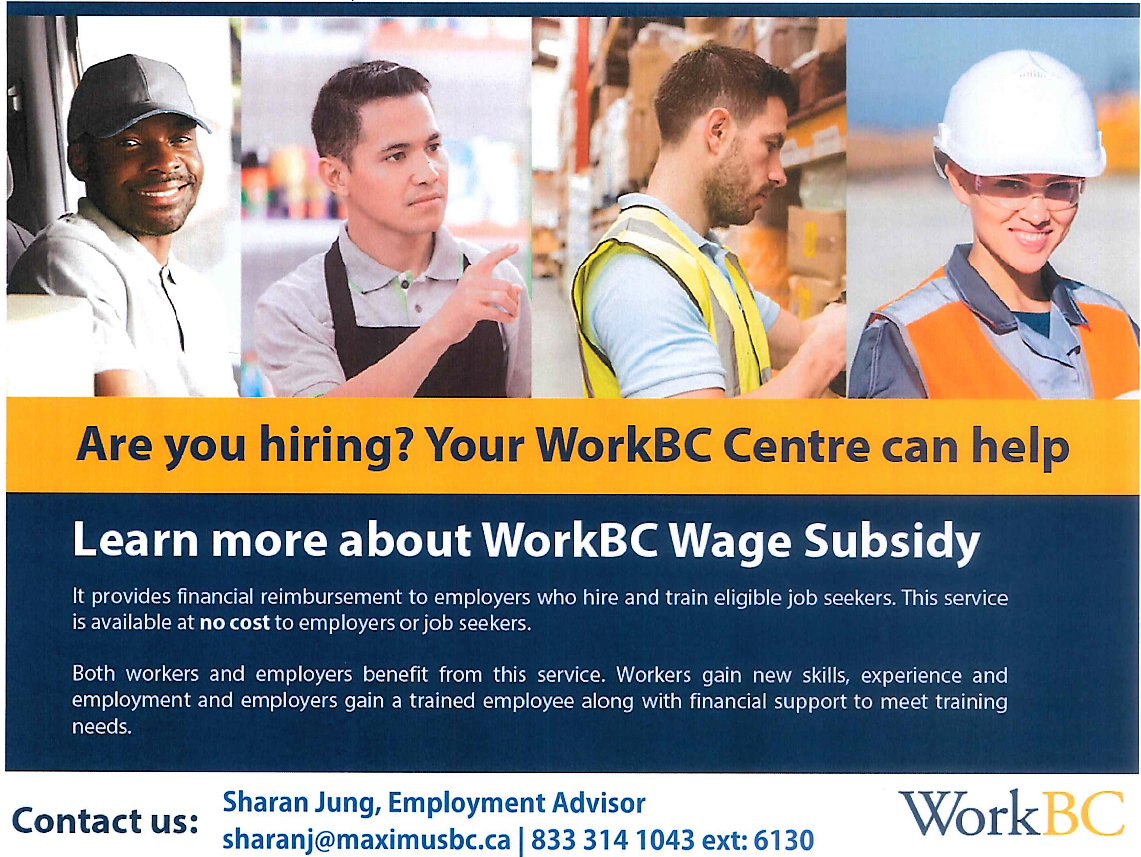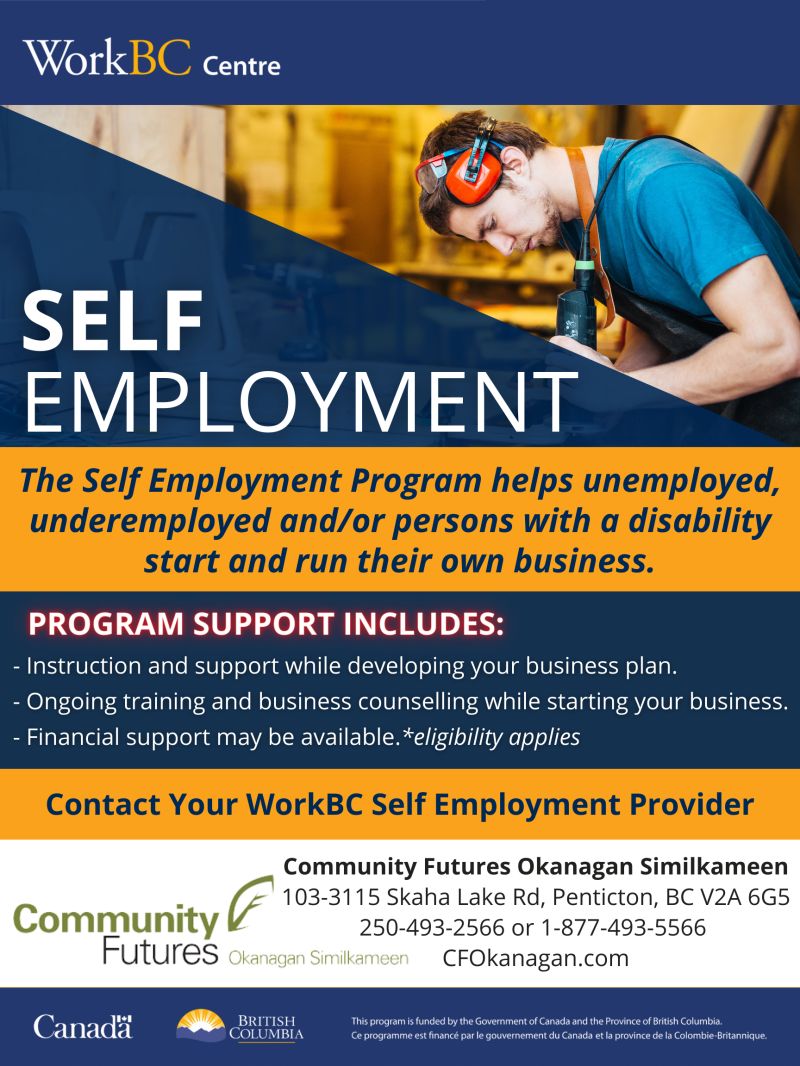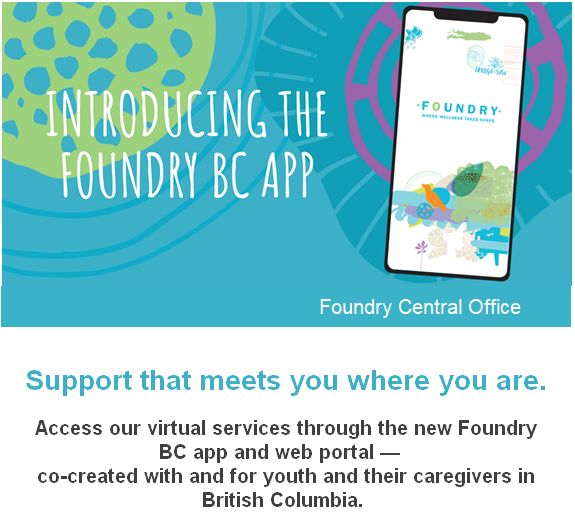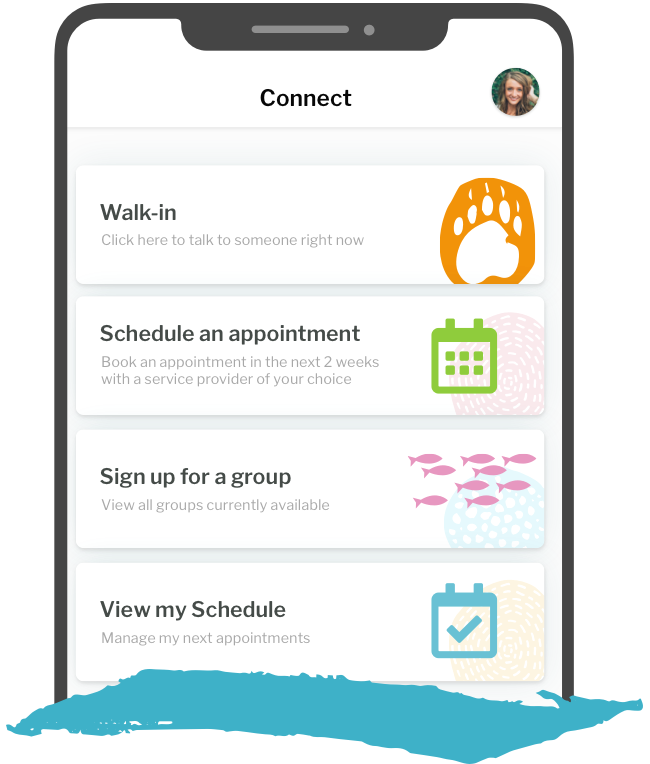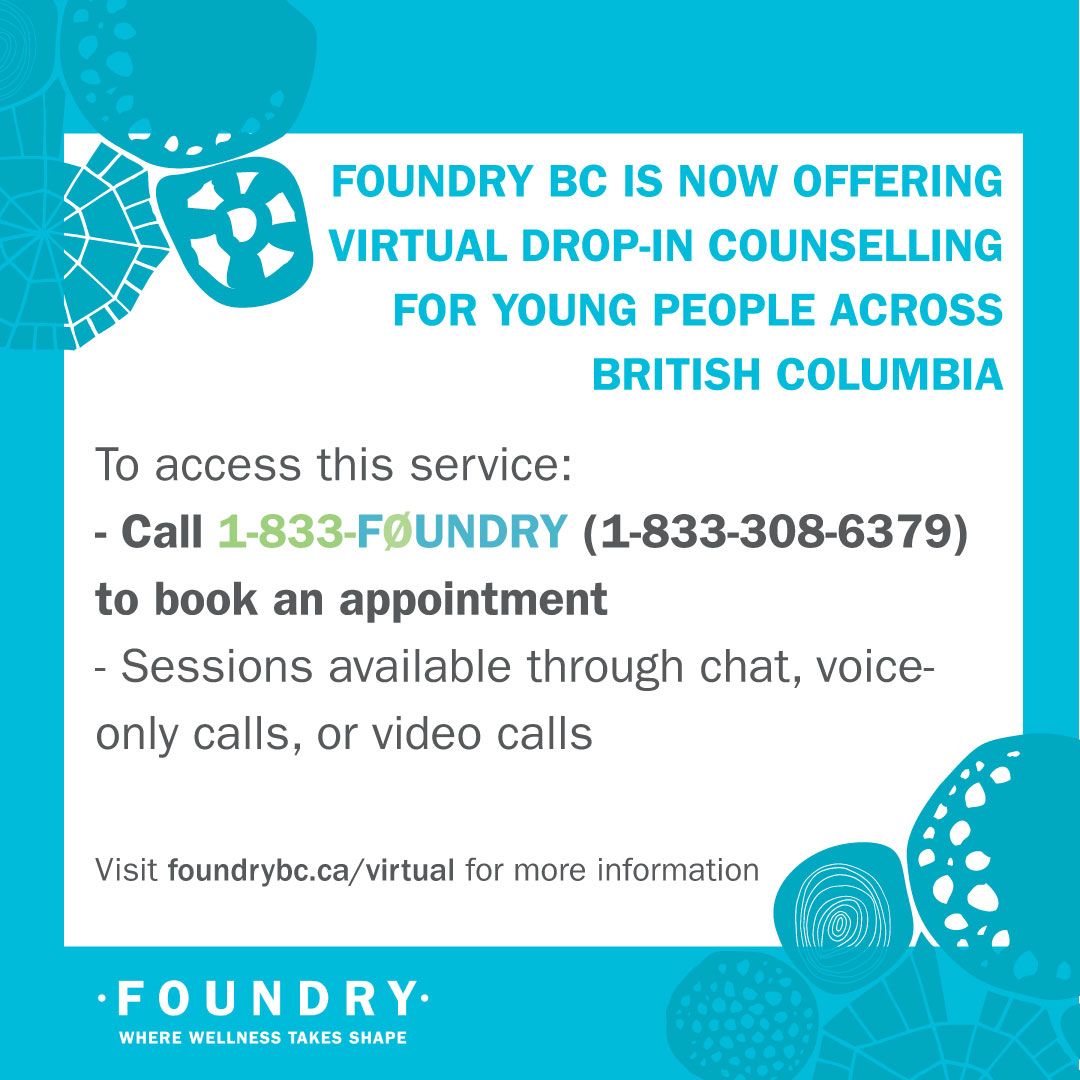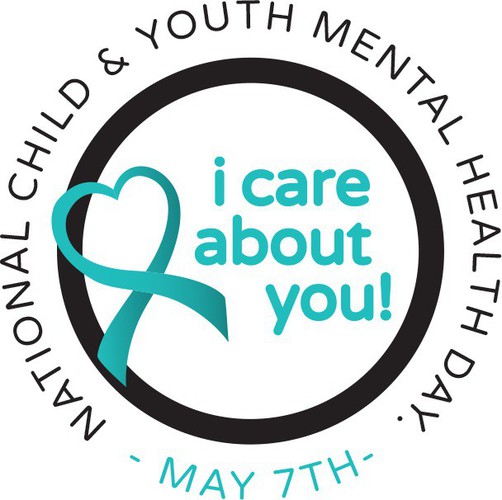***Compliments of BCBusiness
It’s a Good Thing: Mental health is a growing concern for B.C. businesses, especially those that employ mostly men

How one former Teck worker became an evangelist for the cause
The secret that Gord Menelaws had kept hidden, well into his late 40s, wasn’t really a secret to those who knew him best. His wife had warned him he had a problem, as had some friends and coworkers at mining giant Teck Resources’ Trail Operations.
“My wife said to me, You need to go see somebody,” recalls Menelaws from his home in Trail, his dog, Maisy, by his side. “I kept putting it off, being ‘the man of the family.’ I didn’t want to let on that there was anything wrong with me.”
Menelaws had long suffered from depression—as his mother did before him—but like many sufferers, he didn’t (or wouldn’t) put a name to it. But the symptoms were there: he often pulled back from friends; he didn’t want to leave the house; and he was prone to bouts of anger, both at home and at work. By 2004, a series of stresses—including the sudden death of a close friend and the challenges of supporting four young children—had taken him to the brink.
When a coworker finally suggested that Menelaws look into Teck’s Employee and Family Assistance Program (EFAP), he initially resisted seeking help. “But I did: I went to the doctor, I went to the EFAP program,” says Menelaws, 64, who retired from Vancouver-based Teck in 2016 after 42 years as an onsite carpenter and a local union rep. “That was really the start of my recovery: talking to a counsellor, getting on medication and getting back to where I was able to do the things I love.”
Menelaws subsequently became something of an evangelist for the cause of mental health. In 2005, he was one of the founding members of Teck Trail’s Inspiring Wellness and Learning Program, which he co-chaired until 2016. Upon retirement, the company asked him to stay on, in a contract capacity, to serve as program coordinator; he also volunteers as a certified Mental Health Works trainer for the Canadian Mental Health Association.
Pre-COVID, Menelaws would often do five-minute crew talks at Teck Trail and its fellow operations, as well as for other heavy-industry employers across B.C. “We would go right into the lunch rooms, into the control rooms, and talk to people face-to-face about mental health. Looking for symptoms. Making sure people were courageous enough to step up and do something about it.” All told, he says, he’s done more than 100 crew talks in the past five years alone.
Menelaws says it’s a big challenge to reach men with mental health issues—particularly those working in more “manly” factories, mines or mills. Because of COVID, he’s had to drop the crew talks for now, relying mostly on one-on-one peer support—either by phone or during the hours he keeps at the Trail facility (his office is hidden from the main operations). He says he wouldn’t have been able to run the program, or expand it across B.C., were it not for the strong encouragement of management—especially Dave DeLong, director of human resources for Teck’s zinc business unit: “He’s really backed what I have suggested to him, and what I have done, 100 percent.”
While Menelaws is in a much better head space than he was 17 years ago, the personal strain from COVID has been considerable: “I have a brand-new grandson in Vancouver that I can’t see—that’s been really difficult.” But he’s found comfort in being able to help others. He hands out his cellphone number to just about anyone—and spent most of his Christmas vacation checking in on his former Teck colleagues.
“I was phoning them, texting them, talking—making sure that they’re OK, that they’re not by themselves. Making sure that they know there’s help available if they need it. I think that peer support has made a big difference for a lot of people, including myself.”
Thoughts on Mental Health
Recent data compiled by UBC and the Canadian Mental Health Association show the impact of COVID on people’s mental health–especially for those with pre-existing conditions
British Columbians who say that their mental health has deteriorated since the onset of the pandemic – 42%
Canadians with a pre-existing mental health condition reporting high levels of anxiety/worry – 67%
Reasons given by Canadians reporting mental health concerns during COVID for not seeking virtual mental health services:
Felt they weren’t in need of help – 48%
Said they didn’t know the resources exist – 22%
Said they didn’t believe it would be helpful – 21%
Preferred in-person health-care supports – 17%
Cited privacy concerns – 11%
